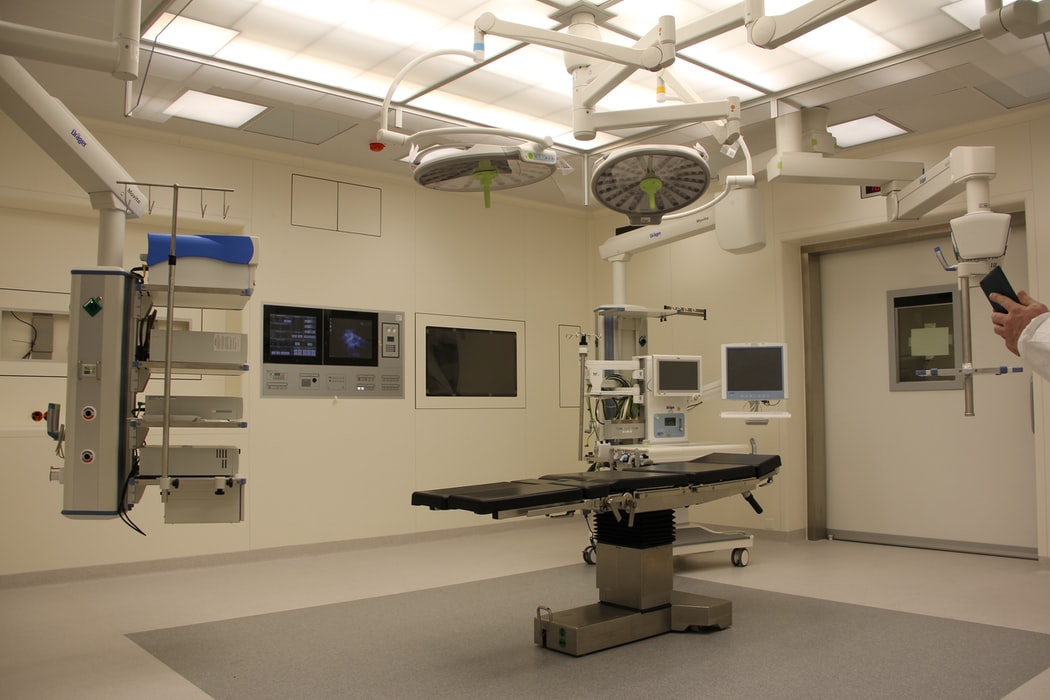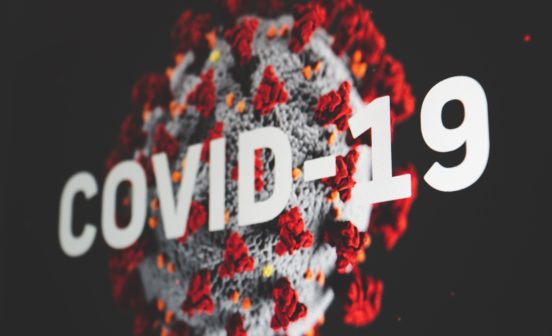DiagnosticPrevention Blood clots and lung injuries found in patients who have died of COVID-19

A new post-mortem study of patients who have died from COVID-19 found severe damage to the lungs and signs of blood clotting in major organs.
Ten post-mortem examinations performed on patients with confirmed COVID-19 found that all patients had lung injuries and early scarring of the lungs as a result of the virus, as well as injury to their kidneys. Nine patients also had thrombosis – a blood clot- in at least one major organ (heart, lung or kidney). The team were unable to investigate thrombosis in the tenth patient.
Treating COVID-19 complications
The research team behind the study believe that the findings could help guide clinicians on treating complications as a result of COVID-19, such as using blood thinners to prevent blood clots from developing. They also hope that better understanding of the key complications in severe cases could help clinicians develop new ways to monitor and treat the disease.
The study, published in The Lancet Microbe, was led by researchers at Imperial College London and Imperial College Healthcare NHS Trust. Although the numbers of patients examined is small, this is the largest study to date of post-mortem examinations on COVID-19 patients in England.
Dr Michael Osborn, Honorary Clinical Senior Lecturer at Imperial College London, Consultant Pathologist at Imperial College Healthcare NHS Trust and co-author of the study, said:
“COVID-19 is a new disease and we have only had limited opportunities to comprehensively analyse tissues from patients at autopsy, to better understand what caused a patient’s illness and death for research purposes. Our study is the first of its kind in the country to support existing theories from researchers and doctors on the wards that lung injuries, thrombosis and immune cell depletion are the most prominent features in severe cases of COVID-19. In the patients we looked at, we also saw evidence of kidney injuries and in some cases pancreatitis and these with our other findings will help clinicians develop new strategies to manage patients.
“Autopsy based analysis of COVID-19 for research is vital to learn more of this disease as the pandemic develops. We are extremely grateful to those who consented to this research and appreciate the advancement of medical science their generosity will bring.
As a result of our work, we have worked with colleagues at the Royal College of Pathologists to produce national guidelines for autopsies in COVID-19 patients and in anticipation of a possible second wave of cases we have put systems in place to rapidly facilitate further studies in the future and so further our understanding on the nature and cause of the disease, which we hope would lead to more effective treatments and fewer deaths.”
Dr Brian Hanley, from the Department of Cellular Pathology at Imperial College Healthcare NHS Trust and co-author of the study, added:
“The UK has sadly had a large number of deaths related to COVID-19. The search for effective treatments will rely on an understanding of how the disease affects the body. The post-mortem examination is vital in this respect. The findings in this study support research from other autopsy groups worldwide and in the UK that describe the structural damage to organs caused by COVID-19. It also documents several unexpected complications. This increased understanding of COVID-19 can help clinical teams with the management of severe cases and also to monitor and treat further complications as a result of the disease.”
New COVID-19 insights
During the lockdown period researchers nationally had very limited opportunities to carry out post mortem examinations for research purposes on patients who died from the disease. The team wanted to see whether they can glean new insights on how the virus infects the cells of the body by studying tissue samples from patients who died as a result of severe COVID-19.
The team performed full post-mortem examinations and biopsies on ten patients aged 22-97 at Imperial College Healthcare NHS Trust hospitals during March-June. Full consent for post mortem with widespread tissue sampling and use of the tissue for research was sought from the relatives and friends of the deceased in line with national protocols. Seven of the patients were men and four were women. Six of the patients were from a BAME background and four patients were white.
In the patients studied, high blood pressure and chronic obstructive pulmonary disease – the name for a group of lung conditions that cause breathing difficulties – were the most common contributing factors to death. All patients developed a fever and had at least two respiratory symptoms such as cough and shortness of breath during the early stages of the disease. Most patients died within three weeks of presenting with symptoms and treatments varied across the cohort.
Click here for full story by Maxine Myers and further information on main findings of the study.





